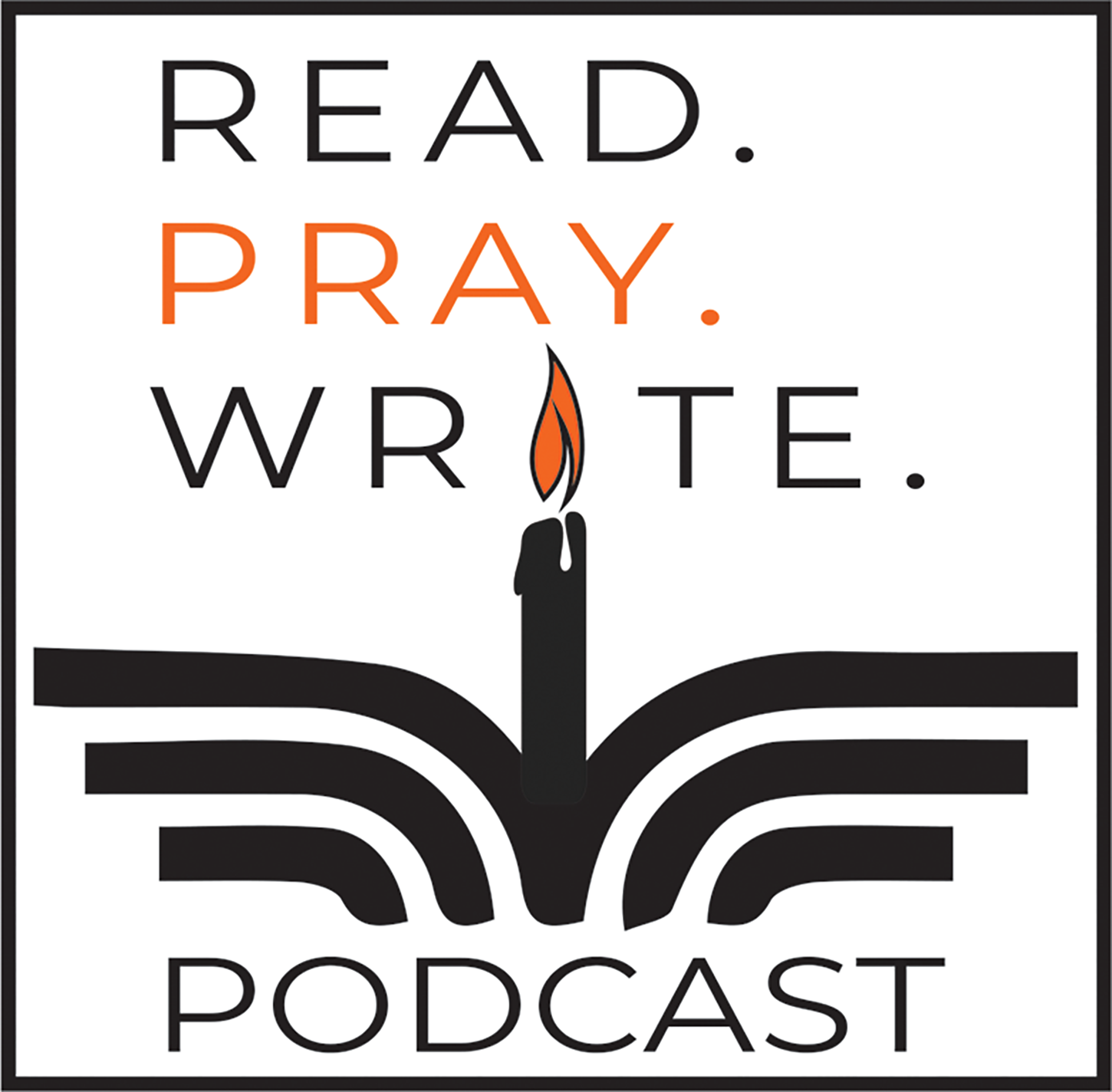

Only God can turn the heart of a rival.
By Jean P. Kelly
WRITING PROMPT: Imagine yourself in the Bible scene with Esther as she fasts and prays in advance of confronting the king who wanted to destroy her people.
Think about a person in your life against whom you hold some rivalry or enmity. What “persuasive words” would the Lord put in your mouth to “turn his or her heart.” What words would turn your heart to forgiveness?
ESSAY By Jean P. Kelly
As advised by the head of human resources, the phone number of the security department was cued on my phone in the event my employee again refused to leave my office during a performance meeting. I had prepared a script of responses to her gaslighting: don’t defend yourself; ask neutral questions; don’t get emotional even if she does; don’t accept unsupported claims meant to confuse you; keep focused on the agenda rather than reacting to petty grievances dredged from the past; breathe. The printed words were hidden in a folder on my desk, all based on many years’ experience as a victim of narcissistic manipulation, usually leveraged to best effect by close family and friends.
I learned the hard way how to confront enemies perhaps more formidable than those of Queen Esther. At least in war, tactics and wounds are more physical, overt and predictable.
Just moments before the clock ticked to the time of the appointment, I took a deep breath and stood as Superwoman, arms akimbo and feet solidly planted on the carpet behind my desk: I once read this helped build confidence. I was prepared for battle, but like Esther, I knew only God could give me the words to turn the heart of this rival. I imagined myself alongside the Queen and I prayed.
I knew I could not control another person’s behavior, only my own. From there it was just a short leap to an even bigger revelation: I could not turn the heart of this enemy at all. Only God’s grace was capable of a feat so impressive, especially when it was likely my employee suffered a brokenness that had little if anything to do with me. Only God, not me, could search my rival’s heart and relieve her pain, and then, only if she asked Him to do so. With my eyes looking toward the ceiling, I whispered the only persuasive words that came to me in that moment: I forgave my employee by detaching from her unhappiness.
I first encountered the concept of boundaries as a form of forgiveness in the writings of Anthony DeMello, especially a transcript of his religious retreats titled Awareness. At first his definition of “loving detachment” seemed an oxymoron, not only uncaring but harsh. As he writes “People can be very hard on others and still be loving.” I wondered, if I detached from both the good and the bad in my most important relationships, wouldn’t I be left hopelessly alone? Wouldn’t keeping boundaries be the same as putting up walls?
Yes, DeMello wrote, noting how Christ went to the mountain, to pray alone. “What does it mean to love? It means to see a person, a situation, a thing as it really is, not as you imagine it to be. And to give it the response it deserves.” That requires detachment.
The only attachment we need is to God, he wrote, and not until we achieve detachment in human relationships will we have available mental, emotional, and spiritual capacity to love and trust Him completely. As Esther acknowledged in her prayer before she requested deliverance from her enemy “My Lord, You alone are our king.”
Though DeMello was a Jesuit priest, his advice seemed to contradict what I thought my faith taught: forgiveness as forbearance, even if that meant psychological, emotional and spiritual manipulation and pain. It was not until I suffered abusive patterns within several toxic relationships that I realized letting go was the best strategy. Detachment promised a type of freedom, from feeling I had to fix others, from taking on the misery of others as my own. Expecting the worst from toxic friends and family somehow made it easier to see that I was, in fact, entitled nothing from them. My mantra became “expect nothing, judge nothing, pray for them unceasingly.”
The meeting with my one-time-friend-turned-problem-employee went as expected: every parry deflected by my neutrality was followed by new thrusts of obfuscation, blame and increasingly circular verbal gymnastics. Some of her assaults did land and wound, but my boundaries stood strong until we ended the discussion in a draw. She willingly left my office.
Just as Queen Esther’s prayer was answered, so was mine: God delivered me from my fear. I detached. I forgave.
About the Author
Jean Kelly believes in the power of stories, both hers and others, to give hope, build faith, and improve communities. That is why she considers herself “a lectio-divina evangelista” who teaches how spiritual reading is sometimes the only prayer that works, especially in times of desperation. The ancient practice has saved her from several destructive and co-dependent relationships by offering easy access to peace of mind. She is a novice of St. Meinrad Archabbey, on the path to becoming a Third Order Benedictine Oblate.
